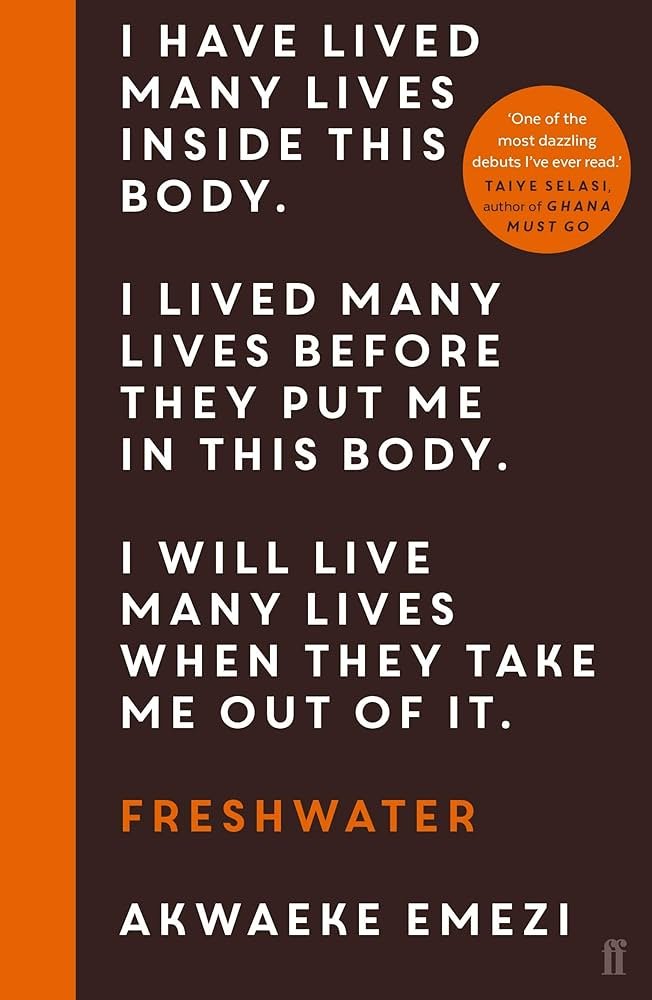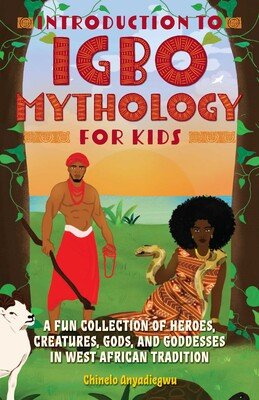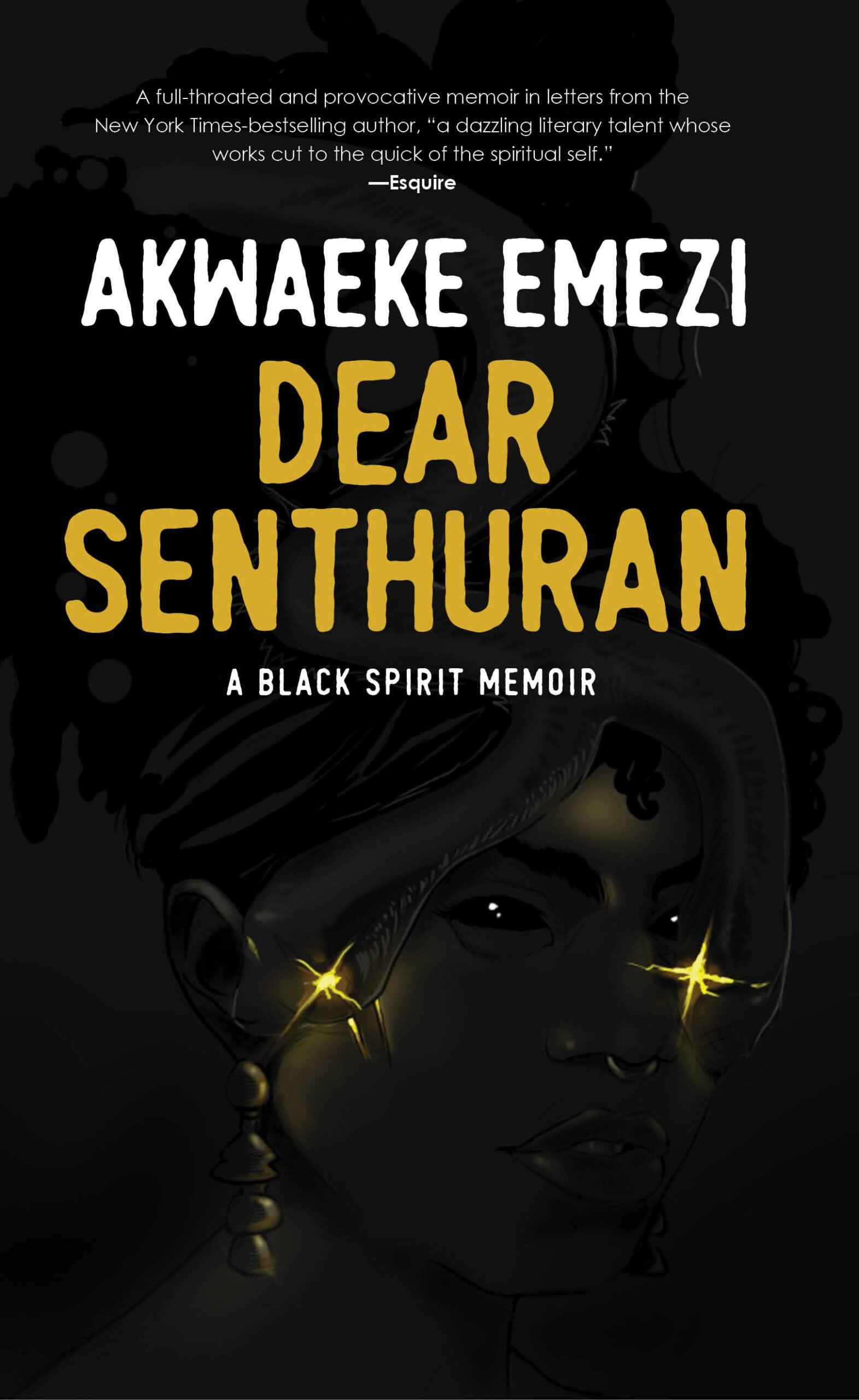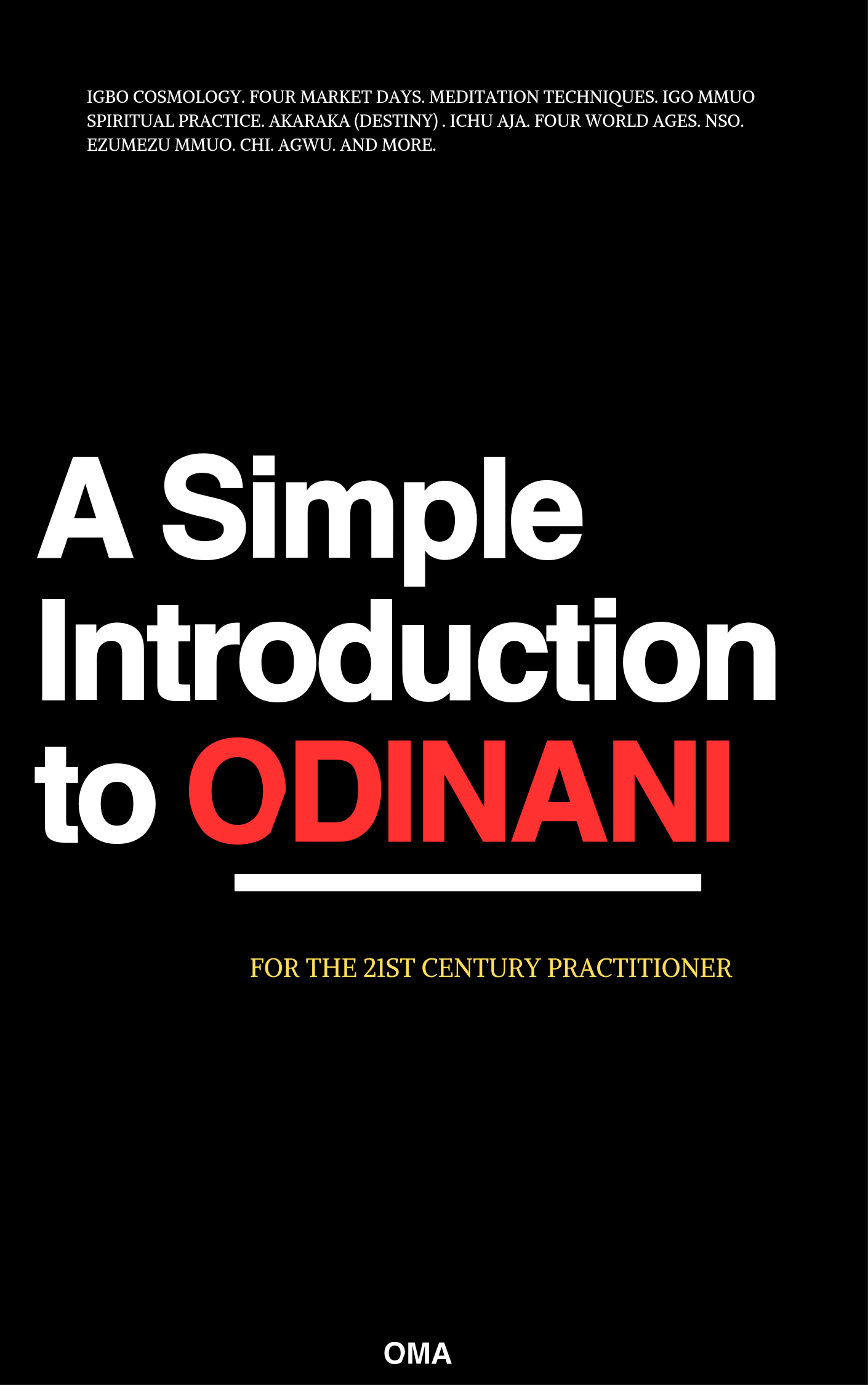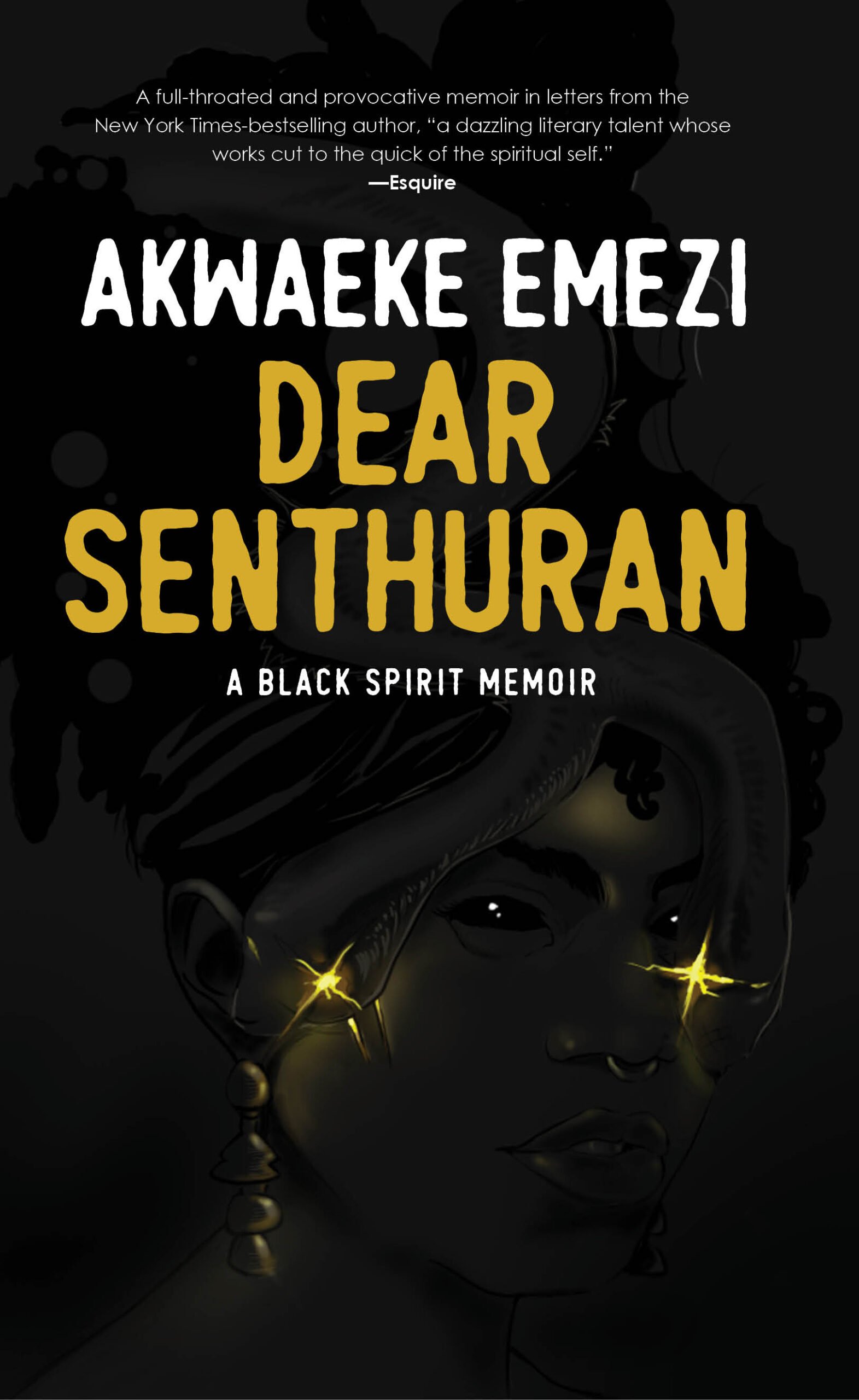Efuru by Flora Nwapa (Book Review)
Blurb
Flora Nwapa's first novel plants her story firmly in the world of women, where Efuru, beautiful and respected, is loved and deserted by two ordinary, undistinguished husbands.
Introduction
Efuru is a novel by Flora Nwapa which was published in 1966 as number 26 in Heinemann's African Writers Series, making it the first book written by a Nigerian woman, in fact, any African woman, to be published internationally.
Setting
This book is set in a small Igbo village.
Plot
If you had read Things fall apart by the legendary Chinua Achebe and enjoyed it, then you would definitely enjoy Efuru. I think the protagonists are similar in that both Okonkwo and Efuru are hard workers.
Efuru is a beautiful, young, hardworking and industrious girl who follows her heart and fights for what she loves. When she meets Adizua and falls in love with her, she is determined to spend the rest of her life with him.
However Adizua is unable to pay her bride price at the time, and her people would not let a man that cannot take care of their daughter take her hand in marriage.
But Efuru being a resilient woman doesn't give up on her love. She follows him to his house and works hard to make the money for her bride price. Just like Midas, anything Efuru touches turns to gold.
Efuru does not like going to the farm. She would rather trade yams and other wares and she makes good money from her business.
Things would continue to go well, until Adizua starts to withdraw. All attempts by Efuru to find out what is going on with her husband will be futile. Adizua neither comes home early, nor eats Efuru’s food any longer, and this frustrates Efuru a lot.
“Adizua did not answer. He was busy examining a blunt knife. It was Adizua’s silence and indifference that made her mad. ‘Don’t you hear me?’ she raised her voice. ‘Adizua, don’t you hear me? Where did you go last night and why did you get me up from bed to cook for you only to go out before I finished cooking?’
Adizua made no reply.
‘Adizua, are you deaf? Why don’t you answer me?’
Adizua was still busy examining the blunt knife. He was looking at it as if his whole life depended on the result of this examination…”
When Adizua eventually leaves Efuru, she does not bother herself too much. All that matters is that she is keeping well with her daughter, Ogonim. She does not let the thought of being a single mother burden her. After all, she works hard for her money and doesn't depend on her husband for survival.
However, when it becomes clear that Adizua has left her for good, she packs her bag and goes back to her father's house. This is a time when divorce and separation are being frowned at, but she would not let anyone's opinion of her weigh her down.
“Perhaps self-imposed suffering appeals to her. It does not appeal to me. I know I am capable of suffering for greater things. But to suffer for a truant husband, an irresponsible husband like Adizua is to debase suffering. My own suffering will be noble…”
I love the fact that Efuru always chooses herself no matter what. She would not lose her entire life simply because a man has decided to leave her and make her a single mother to their child.
However, things would fall apart for Efuru when she loses her only source of happiness, Ogonim her daughter. Her grief is heartbreaking, because she tries everything within her power to save Ogonim’s life, but she does in the end.
But being a strong, resilient woman, she would soon pick herself up and move on with her life.
Themes
Feminism: This is the central theme of this book. Efuru has never been the one to cower or mask her opinion in order to be loved and accepted. She does whatever she wants to do, irrespective of what people think of her decision on the basis of her gender.
When Adizua, her husband, tells her to join him in the farm, she refuses. According to her, she soars higher as a trader and not farmer. Even though people murmur about a woman who wouldn't help her husband in the farm. She stands for her belief.
Furthermore, she doesn't depend on anyone in order to make out a living. She works for her own money and defies all odds while at it.
Infact, if you're looking for a feminist text, then Efuru should be the next book you read.
Resilience: Efuru is the definition of life goes on. Even though her husband leaves her and her daughter dies, she still picks herself and starts again from the scratch.
She does not mind going back to her father's house just to start her life afresh. And when she meets Gilbert, she doesn't hold back because of her bad experience. She knows that there is always beauty to be experienced and she would not deny herself the good things of life just because of a bad experience.
You can always start over. You can always pick your life and make something out of it no matter how bad you've been hurt in the past.
Grief: This book explores the theme of grief and how to navigate it when you lose something or someone dear to your heart.
When Efuru loses her only daughter, she is so grief-stricken and thinks her life has come to an end too.
“I cannot weep any more, Ajanupu. My grief is the kind of grief that allows no tears. It is a dry grief. Wet grief is better but I cannot weep…”
According to Chimamanda Ngozi Adichie in her book Notes on grief, grief is a cruel kind of education. Sometimes you feel like you've gotten over it, other times you find yourself plunging back into that sea of sorrow.
Final Thoughts
This book is a great classic that everyone should read. I love it so much, especially the character of Efuru. I love the fact that she still maintains a good relationship with Adizua’s mother, her mother-in-law.
One thing about Flora Nwapa's books is that they're all wriiten in a simple, yet captivating style. I highly recommend this book to everyone.






